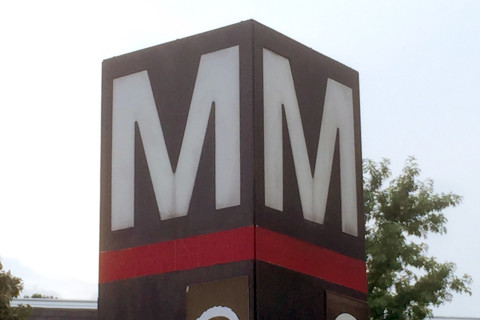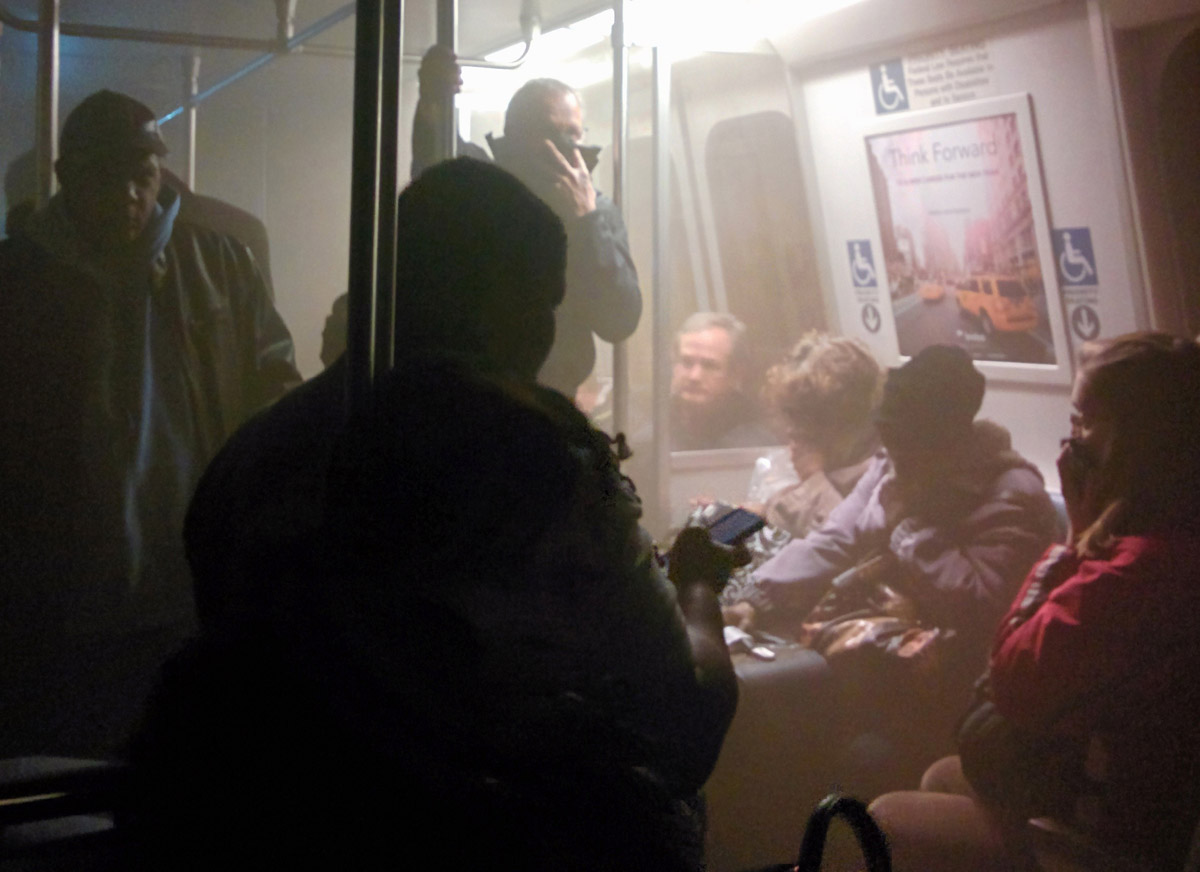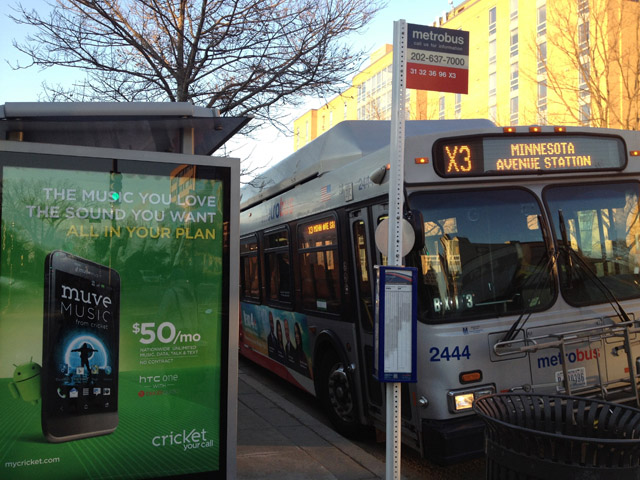WASHINGTON — Metro’s procedures for disciplining workers involved in safety lapses and other violations have been thrown out by an arbitrator, the transit agency revealed in a court filing this week.
The filing asks a federal judge to overturn last month’s decision from an arbitrator that the discipline policy is not allowed under Metro’s collective bargaining agreement with its largest union, Amalgamated Transit Union Local 689.
Employees, who have complained that the “Disciplinary Matrix Policy” unfairly escalates discipline procedures for minor violations, have filed several grievances over the discipline policy since it was implemented last year.
Metro argues that, contrary to the arbitrator’s decision, the policy allows the agency to set consistent discipline policies without negotiating with the union.
During the arbitration hearings in February and March of this year, several supervisors for the bus system testified along with then-acting Chief Operating Officer Jack Requa.
Requa said the policy was created after concerns that there was more or different disciplinary action for rail employees than for bus employees. The union filed a grievance of the issue even before the policies took effect on Feb. 1, 2015.
Bus operators and union leaders also testified, including some who have been disciplined under the system.
One grievance considered by the arbitrators, for example, was filed by a bus driver who was suspended three days, losing about $950 in pay, for eating Laffy Taffy while driving. The discipline policies mean that the violation, her first offense, remains on her record for three years.
Her grievance argued that the same violation before the new policy rolled out would have resulted in at most a one-day suspension.
Another grievance from another driver challenged a three day suspension for four stop-sign camera tickets he received while driving his bus over three separate days.
The arbitration panel found 2-1 that Metro and the union must negotiate and reach an agreement before the discipline policy can fully take effect.
Metro and the union are already in contract negotiations after the end of the current collective bargaining agreement this summer. The negotiations are expected to last at least into next year.








